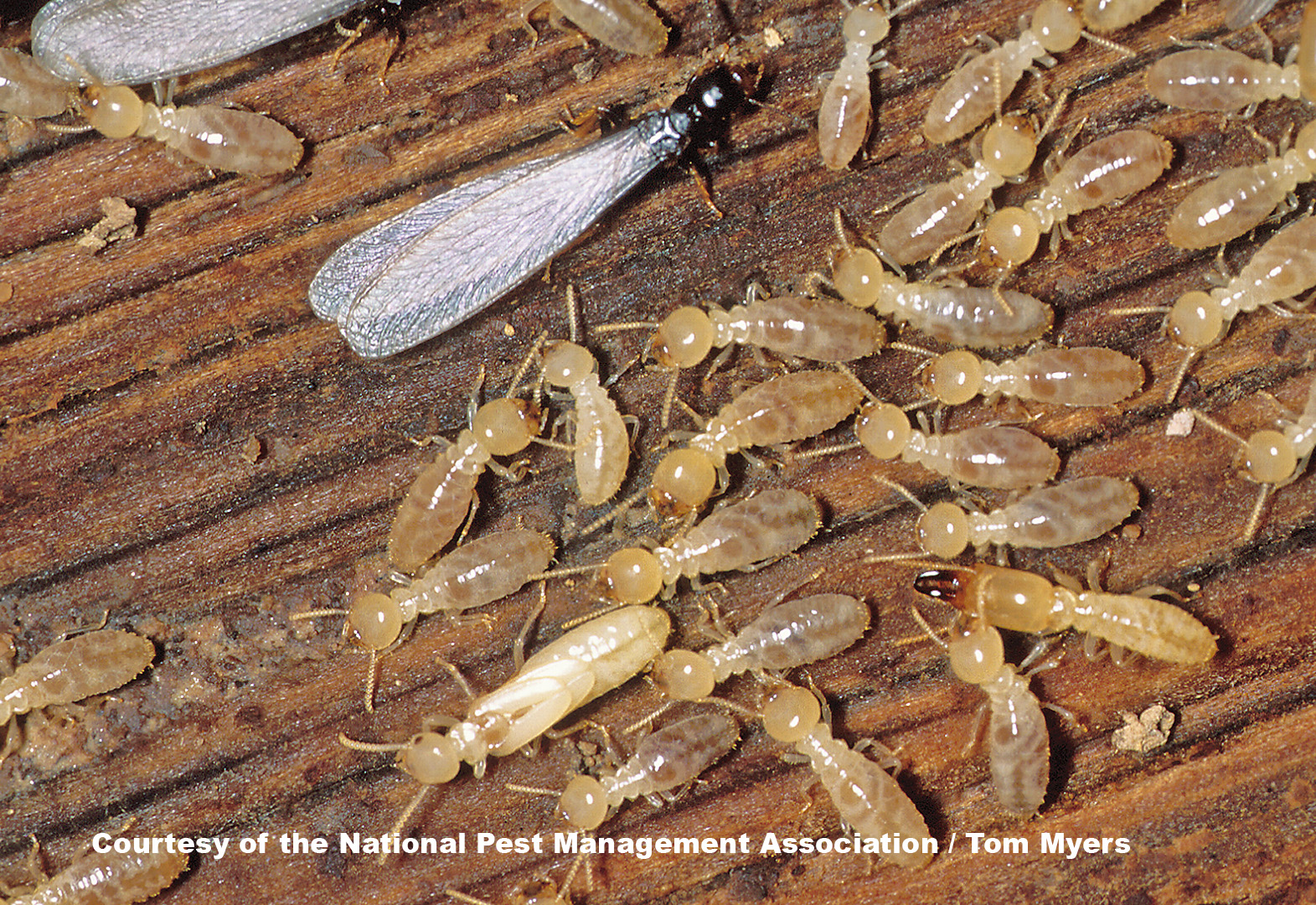
Chi Square and regression analysis was employed to predict association and relationship between alate termite collection and marketing and household income for improved livelihoods. A total of 204 respondents participated in the cross-sectional study. The goal of this research was to partly fill this knowledge gap and document the associated potential of alate termite commercialization on household livelihoods in Luanda and Hamisi sub-counties of Vihiga county. Information about commercialization of alate termites and its impact to household level food security has remained sparse. Trading of alate termites is becoming a valuable source of income for many people in Vihiga county and other parts of western region, which although modest in terms of monetary value, could nonetheless form a significant proportion of their annual income.

Alate termites have thus received considerations in this line for nutritional and economic benefits. This calls for intervention research on alternative sources of protein, hence a switch to affordable and environmentally acceptable protein sources of which approximately 1,900 insect species are consumed worldwide. Our main finding is that, in contrast to the many short and medium-term symptoms which tend to appear in the conventional story of multilateral decline, there is actually a far more worrying long-term trend which underpins the varied conflicts that characterise contemporary trade politics: the fundamental lack of a shared social purpose between the developed countries and the more powerful emerging countries on which a stable, equitable and legitimate edifice of multilateral trade rules can be erected, institutionalised, and enhanced.To meet the rising demand for animal-based protein, conventional livestock may prove expensive as the current production system remains unsustainable.

We question the extent to which recent trends can indeed be said to constitute a genuine crisis of trade multilateralism by reflecting upon the contradictory and ambiguous nature of the multilateralism of the past, and also upon how contemporary multilateralism has been framed with reference to it.

This paper challenges conventional narratives which suggest that the travails in the Doha Round, the shift to bilateral free trade agreements and the broader unfolding of the global crisis collectively presage the decline of either the WTO or the broader institution of multilateral trade.


 0 kommentar(er)
0 kommentar(er)
